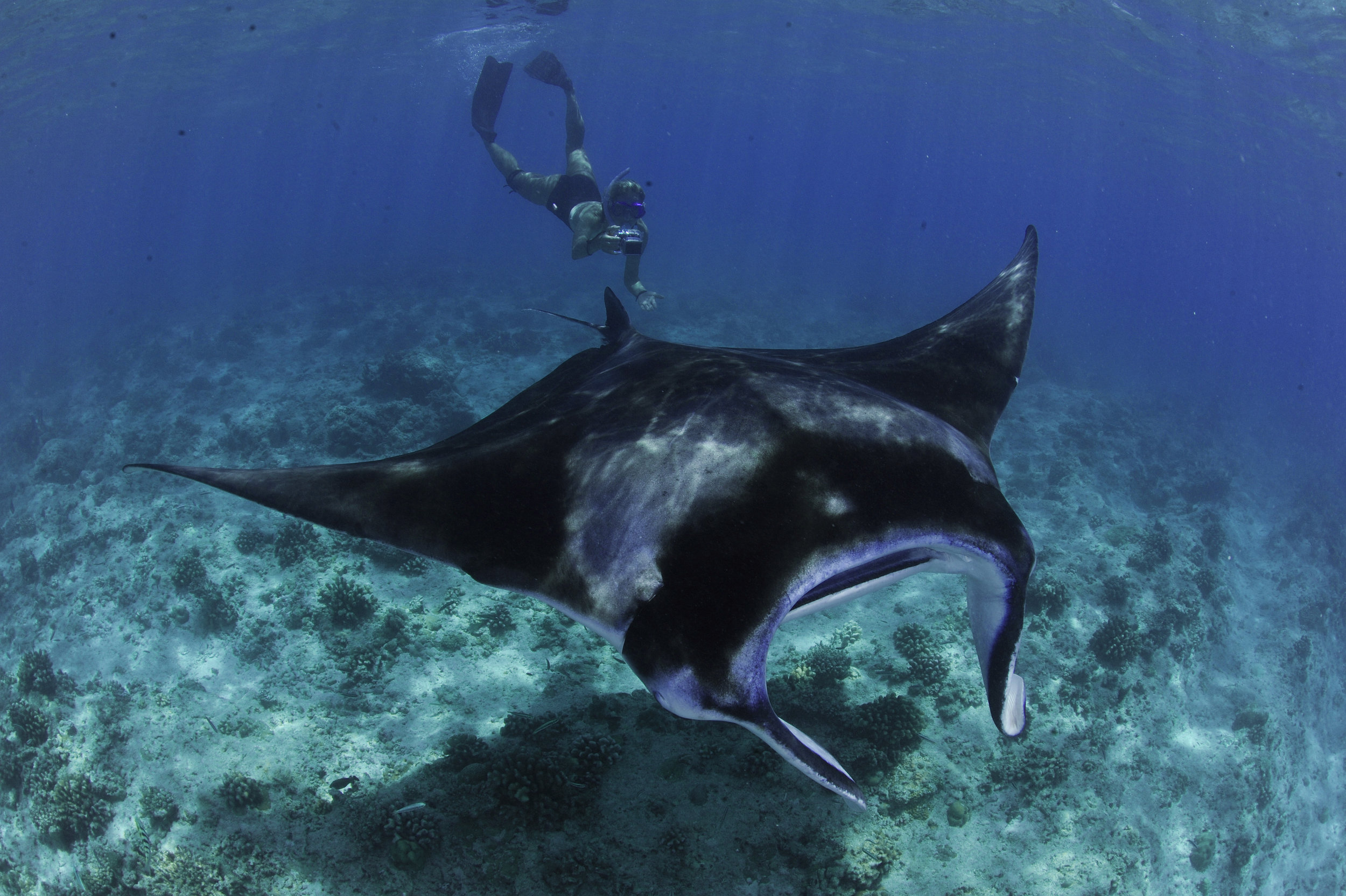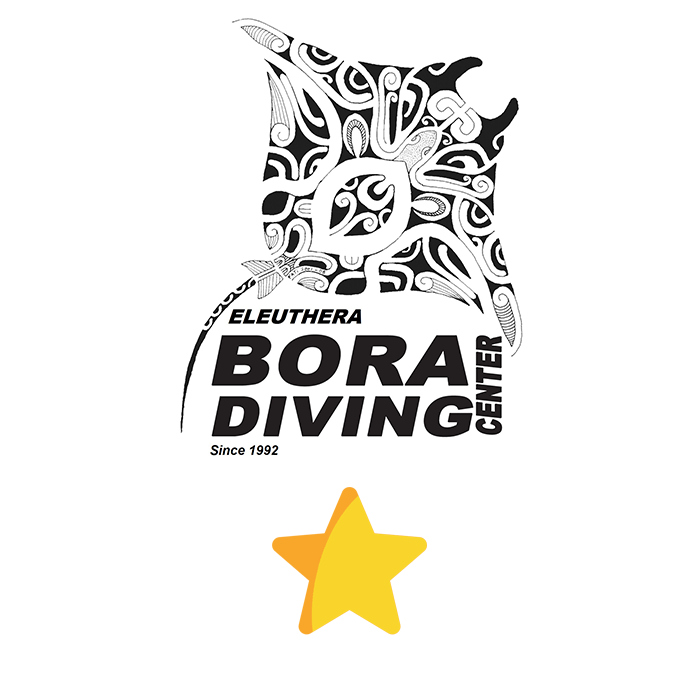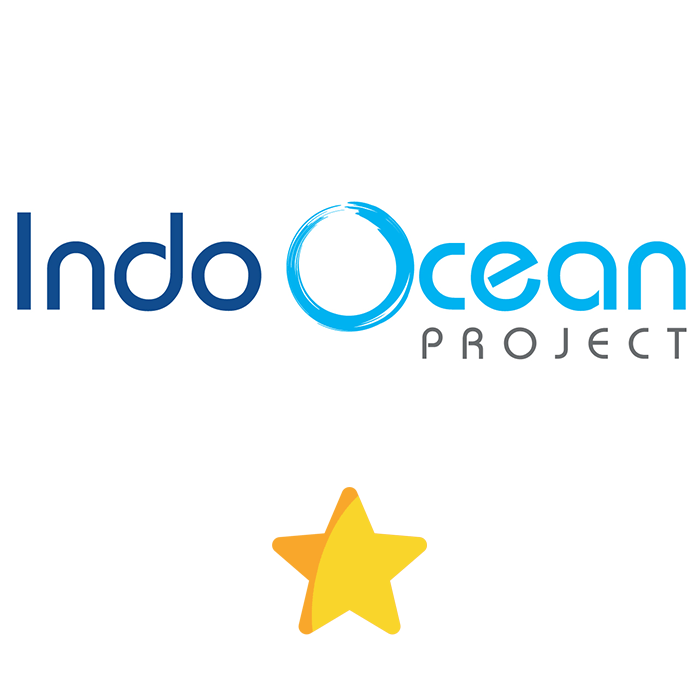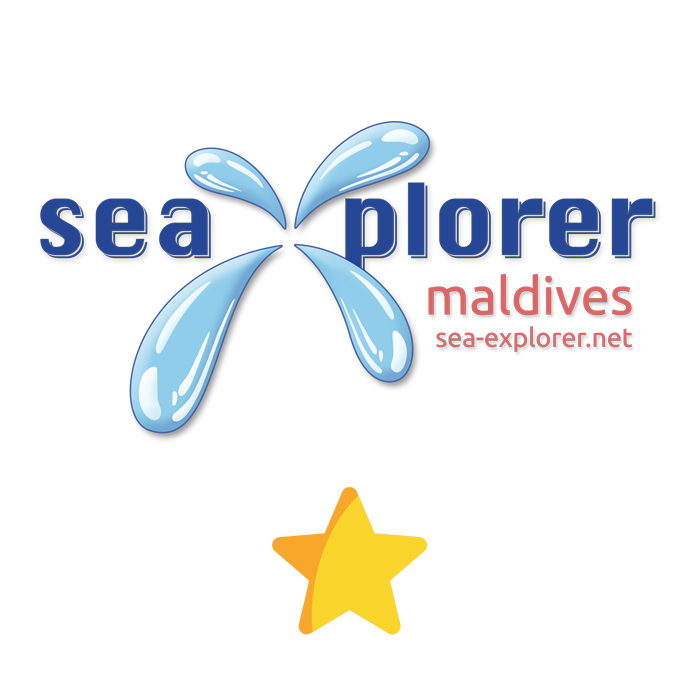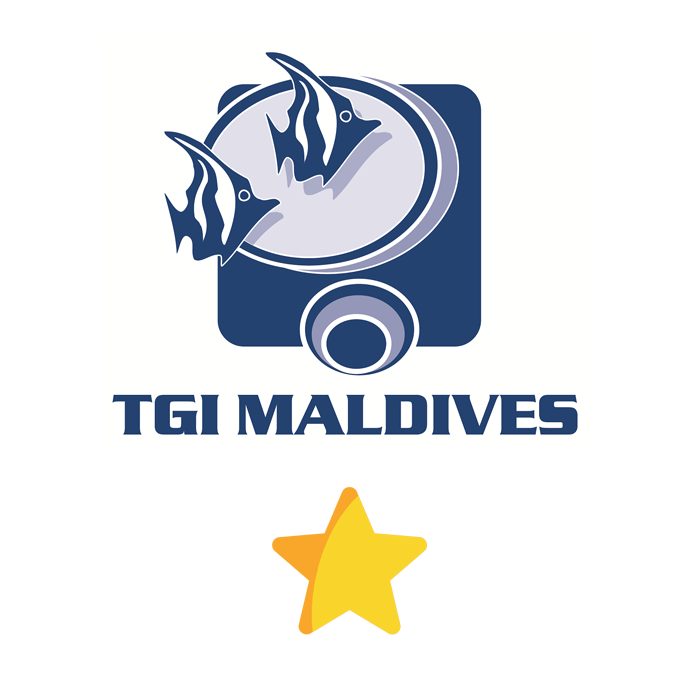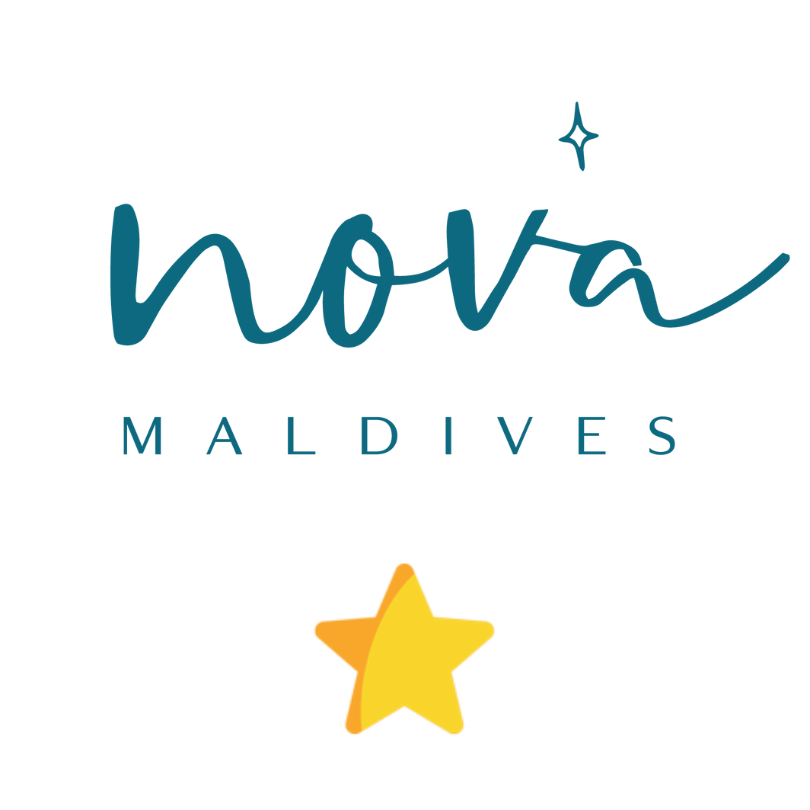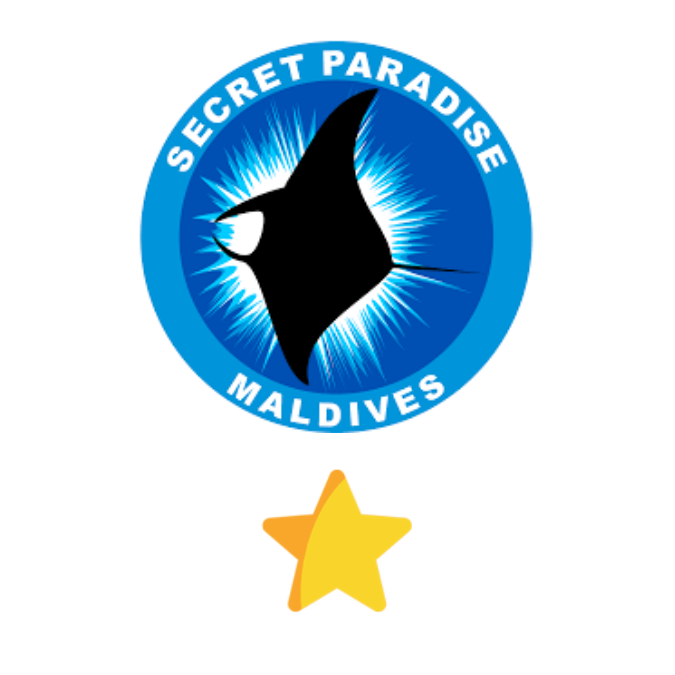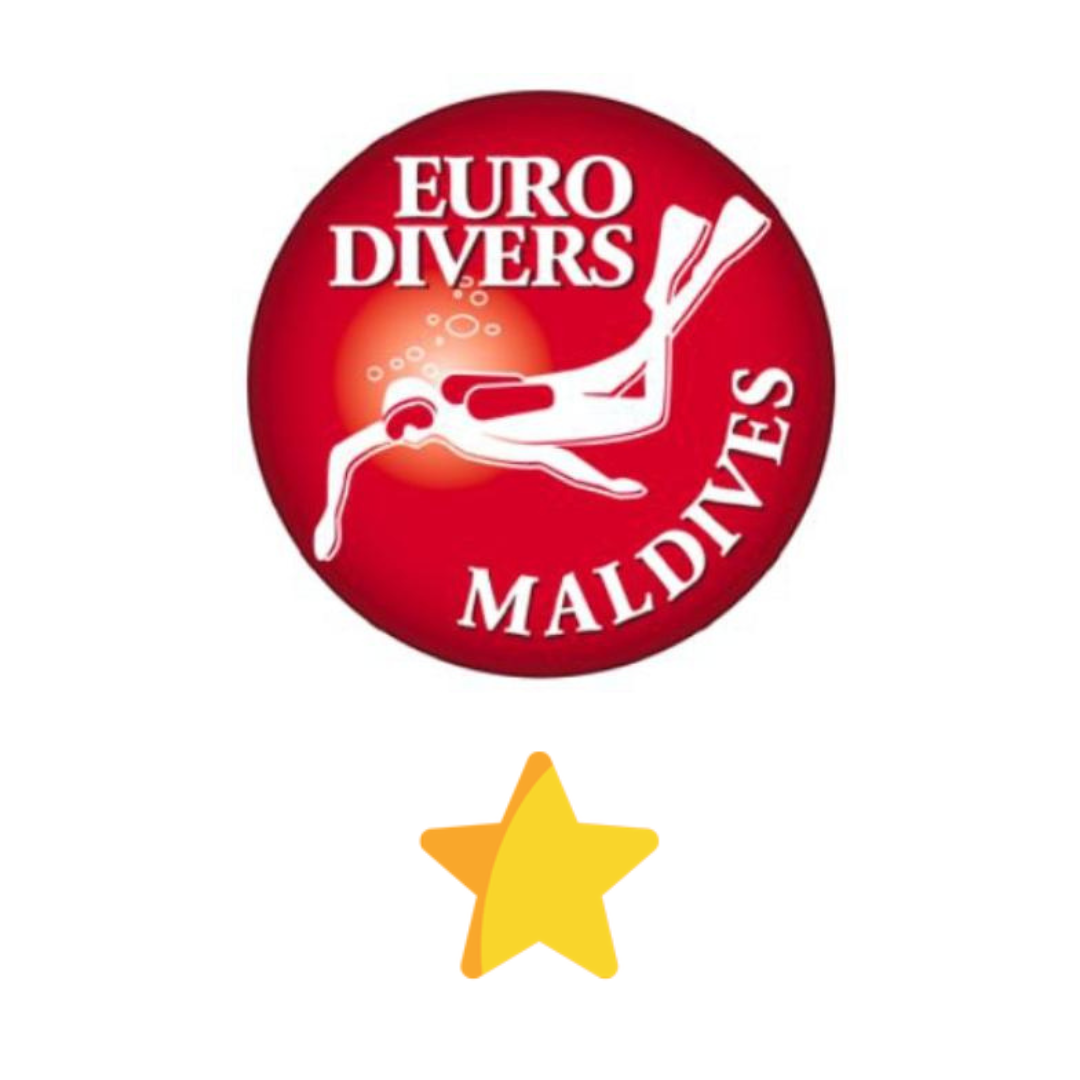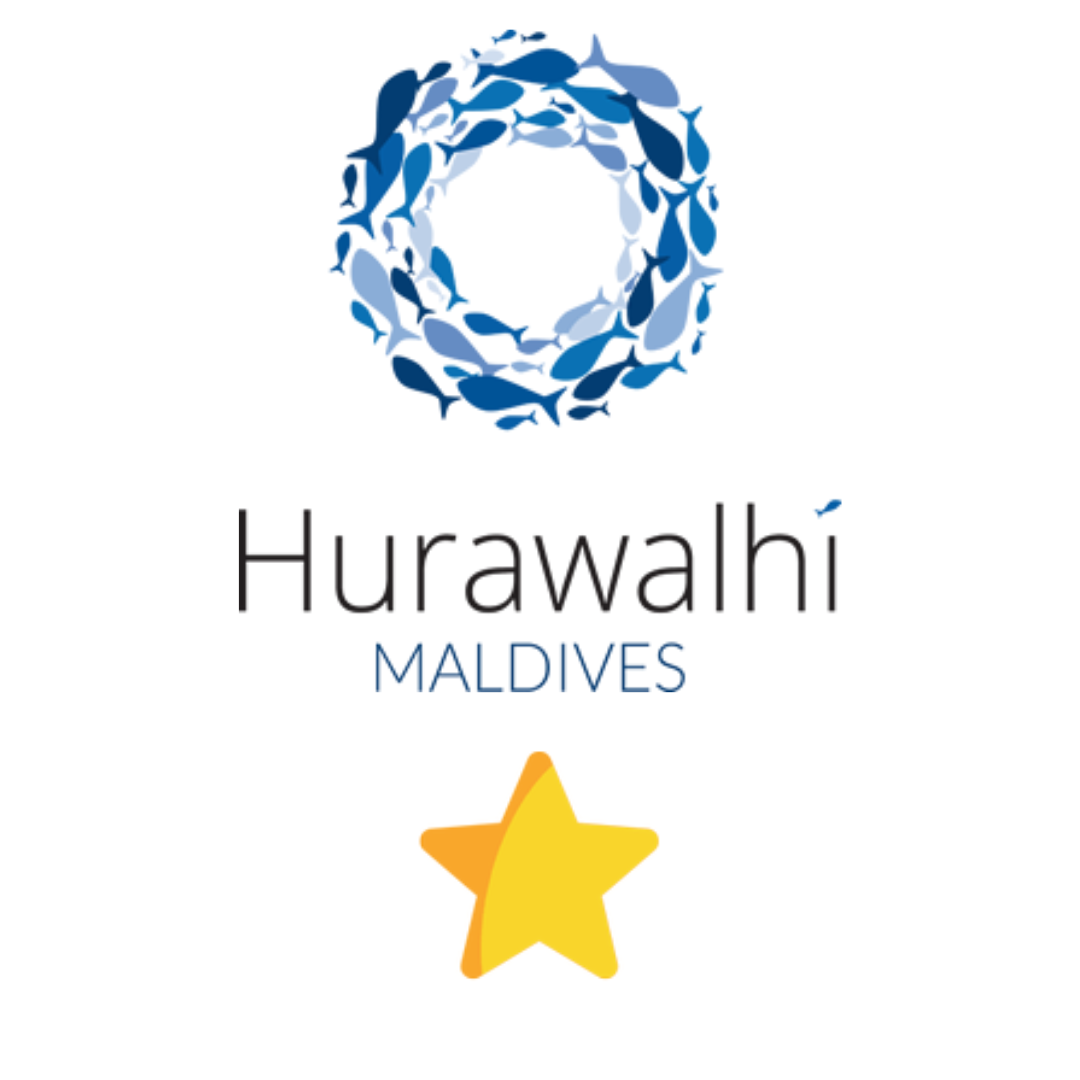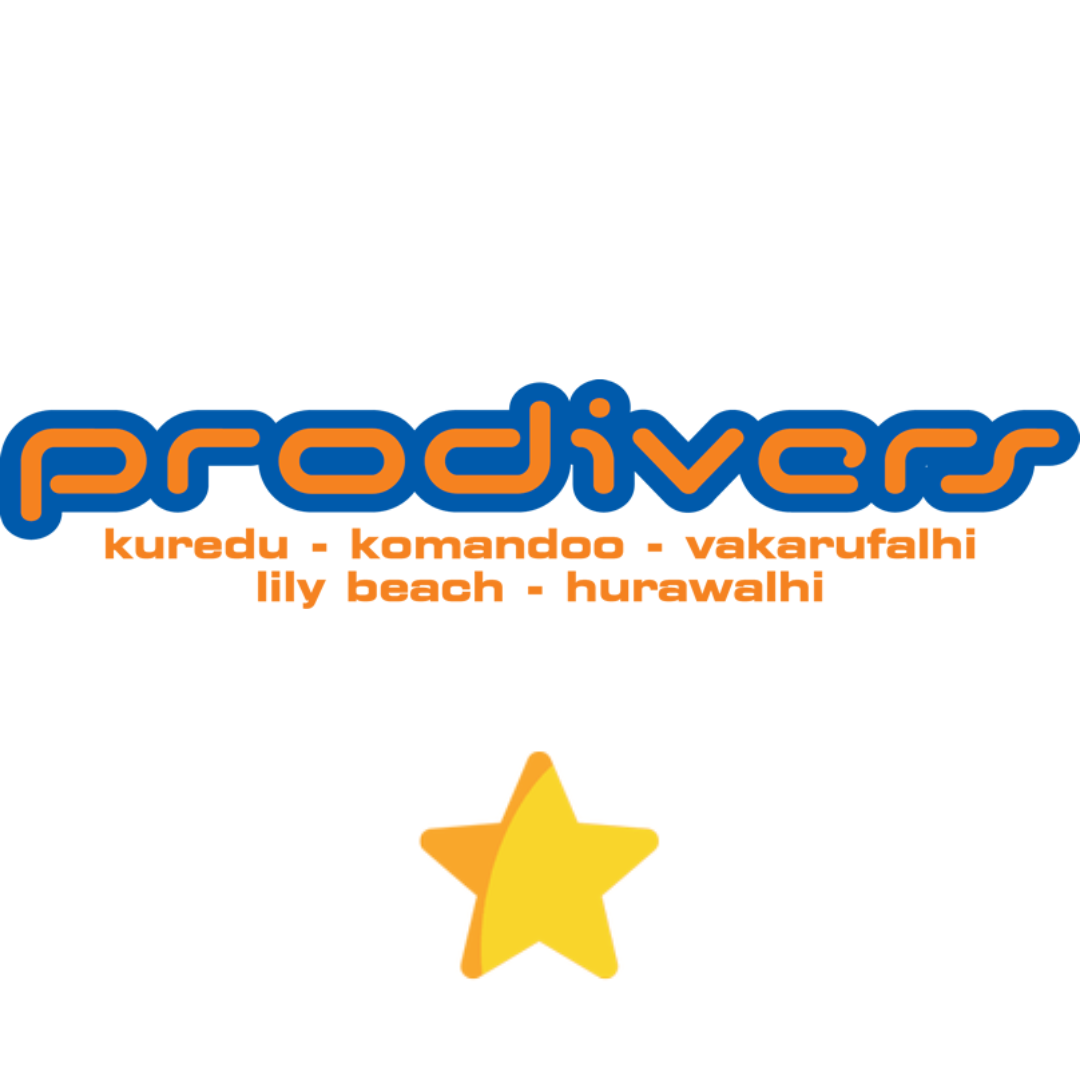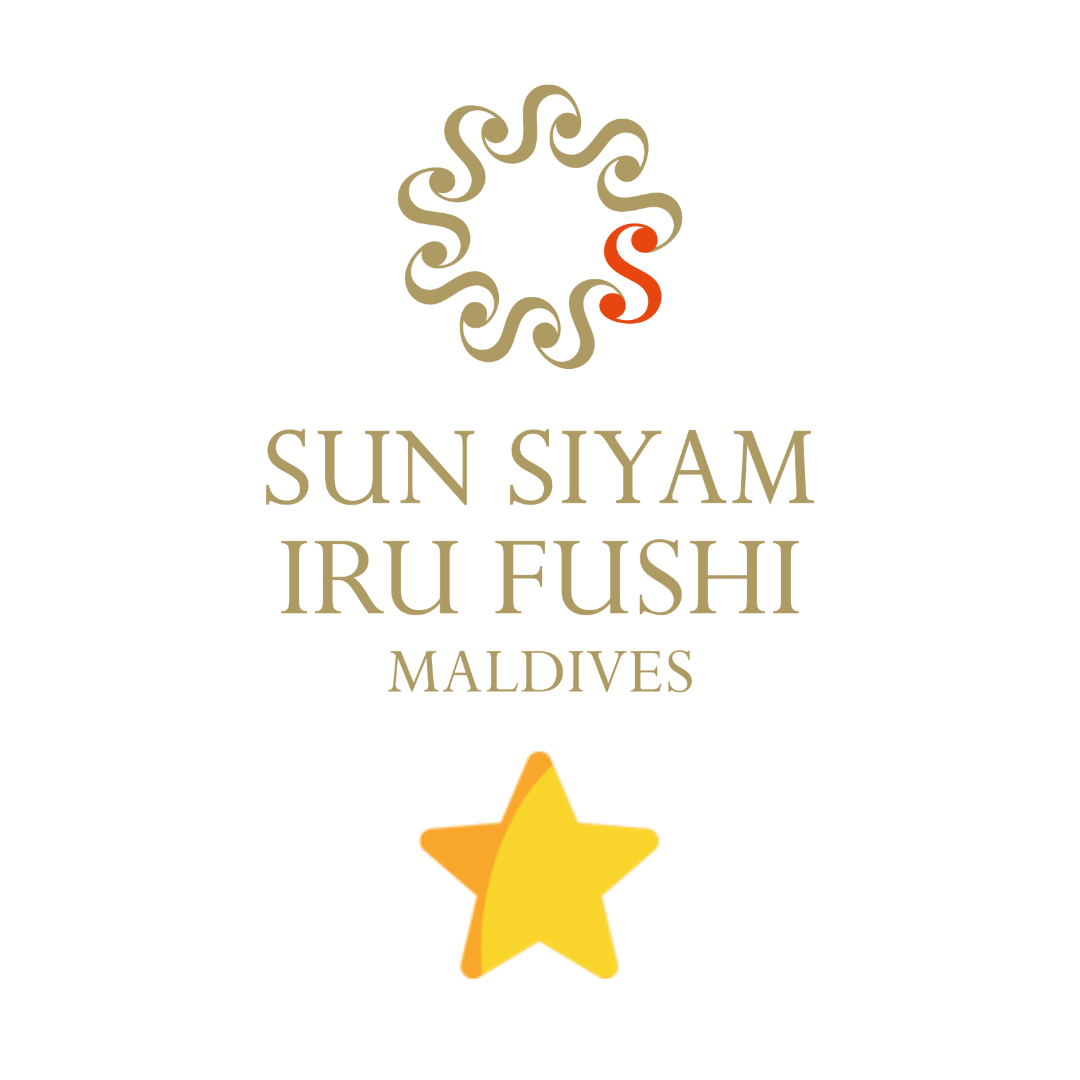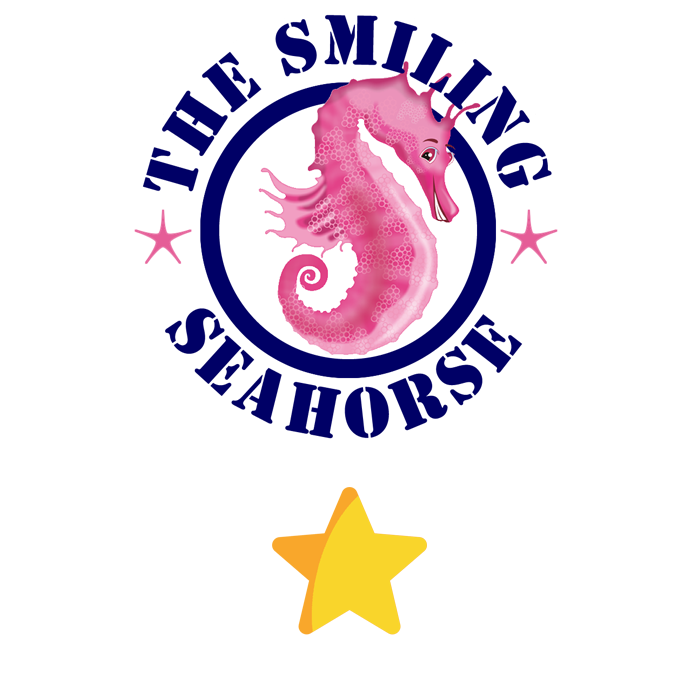
SWIMMING WITH GIANTS
Few experiences can top diving or snorkeling with a manta ray. Every year tourists spend an estimated US$140 million to see manta rays in the wild. As a result, tourism can form part of the solution to combating the issue of global manta fisheries, providing many countries and governments with a strong economic incentive to protect these animals. By going out to swim with a manta, you are helping conserve one of the ocean's greatest treasures!
But manta tourism needs to be sustainable. Mantas are very sensitive to disturbance, and if left without proper measures, tourism has the potential to do more harm than good. There have been occasions where uncontrolled human interactions have negatively impacted local manta populations, driving them away from important areas where they clean, feed or breed. Whilst many dive operators around the world have taken it upon themselves to develop guidelines for manta encounters, none have been validated by scientific studies. The Manta Trust want to address that.
After several years of research conducted in the Maldives, the Manta Team have developed a Best Practice Code of Conduct for Manta Ray Tourism. These guidelines outline how divers and snorkelers should behave in-water, to both enhance their experience and to ensure their presence does not disturb the mantas they encounter. In addition, it includes recommendations for tourism operators on how best to approach and depart manta aggregation sites, and how to help their crew manage a manta excursion. But we're taking this Code of Conduct one step further.
Through our How to Swim with Manta Rays initiative, we've adapted our Manta Tourism Code of Conduct for use in the real world. We have distilled its contents into a freely-available, multi-language Media Kit, that includes a 10-Step Guide and a short educational film. We've also compiled a growing list of tourism operators that are committed to sustainable manta tourism. Through this dedicated website, our goal is to equip operators and tourists with the tools and information they need, to make their excursions truly sustainable for the gentle giants we all know and love.
Check out the rest of the website to watch the film, learn the 10-steps, involve your business, and ultimately help us bring sustainable tourism to every manta hot-spot around the world!
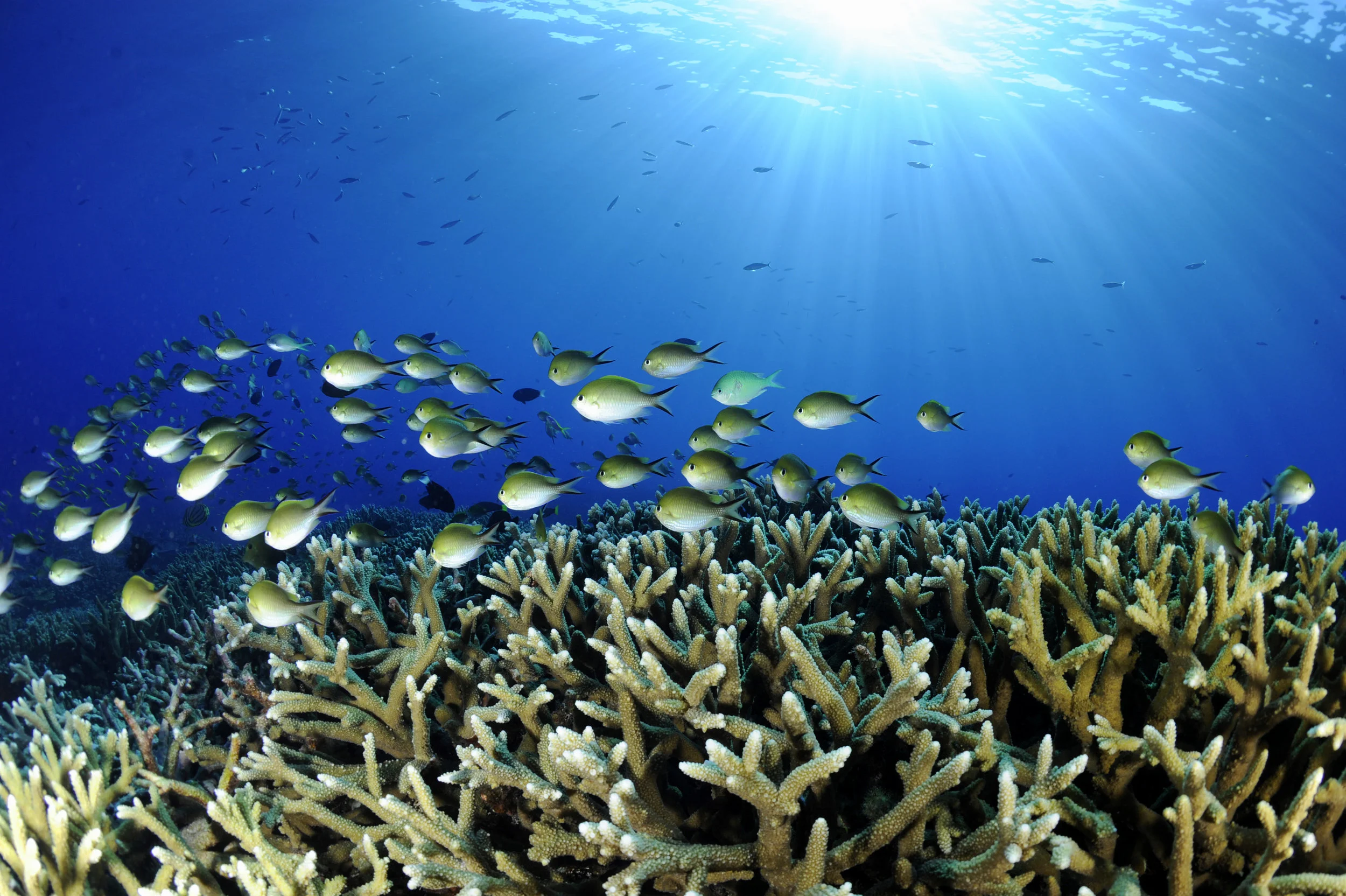
WATCH THE FILM
A VIDEO GUIDE TO SUSTAINABLE MANTA INTERACTIONS
Presented by Carl F. Bucherer | Created by Danny Copeland
In recent years, Carl F. Bucherer (CFB) have partnered with the Manta Trust to support our research and conservation efforts. As part of our How to Swim with Manta Rays initiative, CFB provided the principal funding needed to convert our Code of Conduct into a video media tool - designed to inform and engage tourists, assist operators, and ultimately help minimise human impacts on manta rays around the world.
BEHIND THE SCENES
Four Seasons Resorts Maldives have been a supporter of The Manta Trust since its inception. In March 2017, FSRM supported the Manta Team in an expedition to Raa Atoll in the Maldives, where they set out to collect the video content necessary to create the Code of Conduct film, "How to Swim with Manta Rays."
Check out the Behind the Scenes video, to get an inside look behind the production.
10-STEP GUIDE
How to sustainably interact with manta rays, wherever you are in the world.
Artwork by Rebecca Carter Art
STEP 1 & 2
1.
Enter the water quietly and calmly, no closer than 10 meters / 33 feet from the manta ray.
2.
Keep your fins below the water's surface when swimming. Splashing and noise can scare mantas away, so you want to approach the manta as quietly as possible.
3.
Do NOT approach closer than 3 meters / 10 feet. Instead, remain still and let the manta come to you.
4.
You should approach the manta from their side, giving them a clear path ahead.
STEP 3 & 4
STEP 5 & 6
5.
As the manta swims past you, do NOT chase after them! You will never catch up to a manta anyway, and will likely scare them away in the process.
6.
Do NOT touch a manta ray. You will ruin the encounter and may receive a fine depending on local laws.
7.
For scuba divers only.
Chances are if you are diving with a manta, you will be encountering them on a cleaning station. These are important sites for manta rays.
During the encounter, remain at the side of the cleaning station. Do NOT swim onto the main cleaning area.
STEP 7 & 8
STEP 9 & 10
8.
For scuba divers only.
Keep low and hover close to the seabed, but be careful not to damage the reef beneath you. Depending on the dive site, you may need to stay in an area designated for divers.
9.
For scuba divers only.
When a manta swims towards you, do NOT block their path as they swim overhead. Stay low and stay where you are.
10.
In addition to the above steps, be sure to follow any extra rules, laws and regulations that may be specific to the manta site you're visiting.
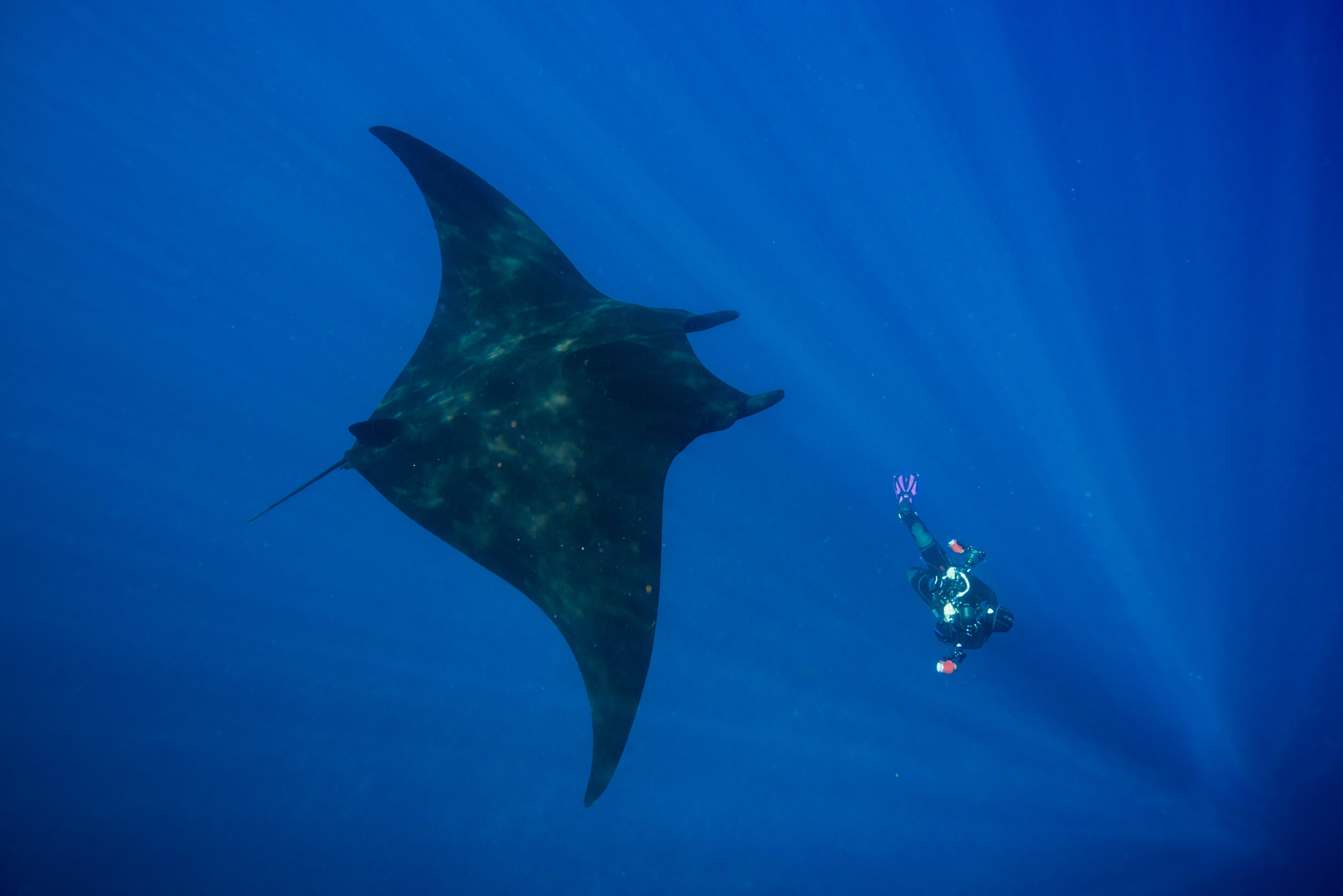
THE SCIENCE
We've created our Manta Tourism Code of Conduct following years of research conducted with snorkelers and divers in the Maldives. But don't just take our word for it! For those interested in diving into the science that's shaped our Code of Conduct, we've made the original studies and reports available to download below.
Does Tourist Behaviour Affect Reef Manta Feeding Behaviour?
Ella Garrud - Masters Thesis (2016)
Manta Tourism in Baa Atoll - Human Interactions, Behavioural Impacts, and Management Implications
Bec Atkins - Masters Thesis (2011)
The Impacts of Tourism on Manta Rays in Baa Atoll, Maldives
Rebecca Lynam - Masters Thesis (2012)
Investigating Tourism at Hanifaru Bay Marine Protected Area
Katie Lee-Brooks - Masters Thesis (2010)
NOTE: The above reports have been compiled and submitted for formal publication in a peer-reviewed scientific journal. This process takes time, but we'll be sure to make the finished scientific paper available here once it is officially published.

OPERATOR ZONE
Do you own a dive shop? Do you work in watersports at a resort somewhere in the tropics? Or are you a guide on a cruise-liner or diving liveaboard? Whatever your position within the tourism industry, if you want to make sure your operation minimises the impact your customers have on the manta and mobula rays they encounter, then we want to hear from you.
To get started, you'll need to register with us. Once we have some basic information from you, you will be given access to our free, multi-language Manta Tourism Code of Conduct Media Kit. When you start incorporating our Code of Conduct into your operations, we'll add your business to the growing Operator Wall of Fame - a community of tourism operators showcased for their blue commitment to manta conservation and sustainable dive and snorkel tourism.
FIND AN OPERATOR
Manta Expeditions is the first port of call for sustainable liveaboard and land-based manta dive and snorkel trips. They put manta research and education at the heart of their trips and are closely affiliated with the Manta Trust - you may even have one of our researchers on your trip!
Below is a list of Responsible Manta Tour Operators, who have pledged to incorporate our Swim with Mantas: Code of Conduct into their excursions - including, for example, the use of our film and 10-Step Guide.
We update the list of Operators regularly, so if you're an operator that wants to be included, please register with us so we can get in touch and learn more about your operation.
If you're a tourist and have some comments regarding the operators on this list, please let us know about you’re experience by filling in the feedback form below.
*Disclaimer. We award this certification to operators who have pledged to incorporate our Swim with Mantas Code of Conduct into their operations. Whilst we carry out some cursory due diligence to check that the operator has a good reputation, we cannot guarantee that they have responsible and safe operations. This certification demonstrates their commitment to using our Swim with Mantas resources and nothing more. If you have concerns about safety or unethical business practices related to any of the operators listed on this page, please contact us. Similarly, if you use any of these operators and discover that they are not abiding by our Swim with Mantas Code of Conduct or using our resources please report it to us so that we can investigate.
BASE PARTNERS
Our Base Partners stand out for their extensive role in supporting the Manta Trust's charitable mission and conservation goals. Thanks to these groups, we have several research bases around the world, where we are able to spearhead local research, conservation, and education initiatives focused around mantas and the marine environment. With dedicated Manta Trust staff on-site, you can be sure our partners ensure their manta tourism excursions are run sustainably, in a way that minimises human disturbance on these gentle giants.
RESPONSIBLE OPERATORS
Our Responsible Operators are Dive Centres and Tour Operators who we know integrate the Manta Trust's ‘Swim with Mantas’ Code of Conduct into their operations. Many have also supported our research and conservation activities, or are linked with one of our many Manta Trust Affiliated Projects worldwide. We are proud to work with all these Operators and know that you will have a top rate experience with them.







